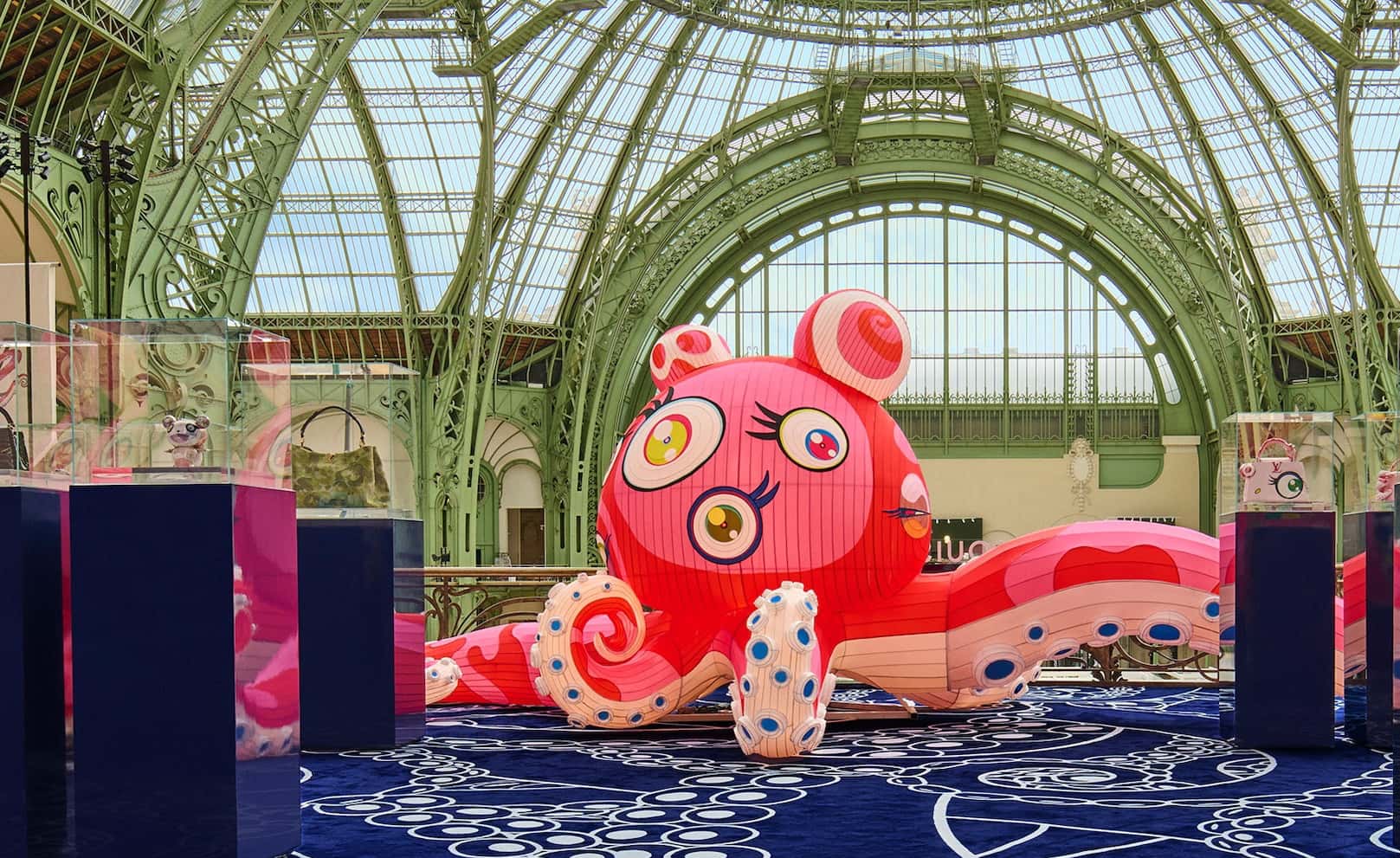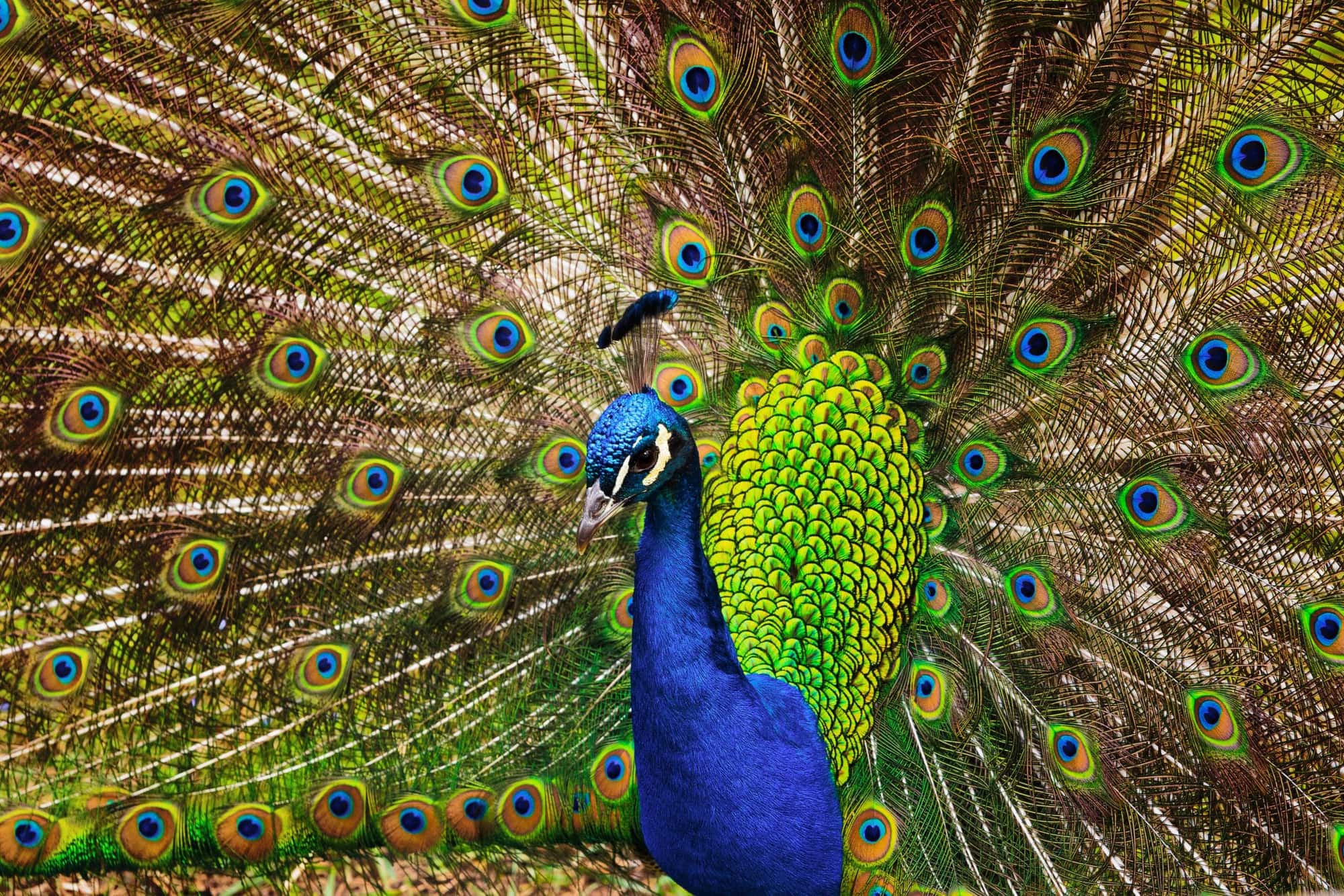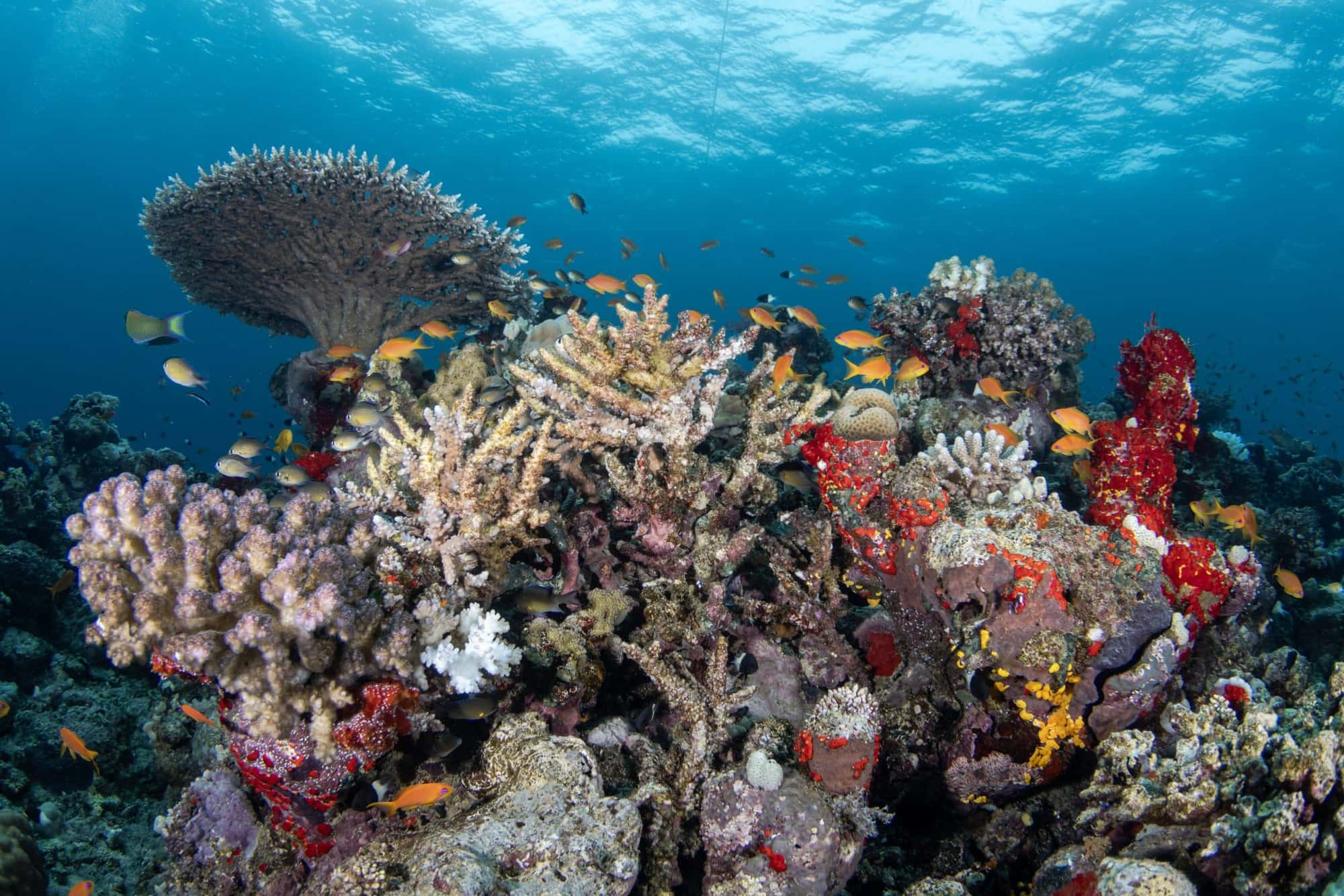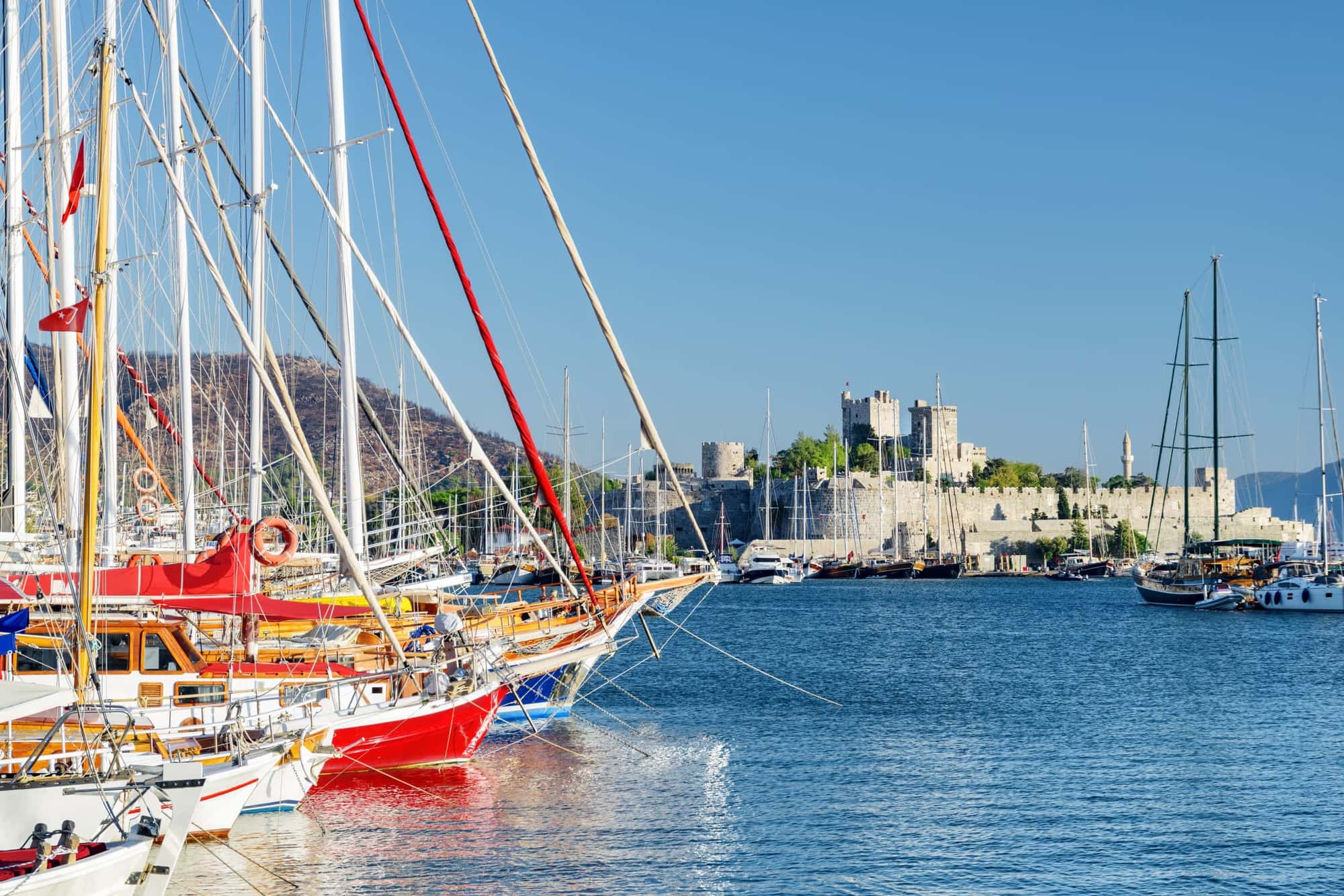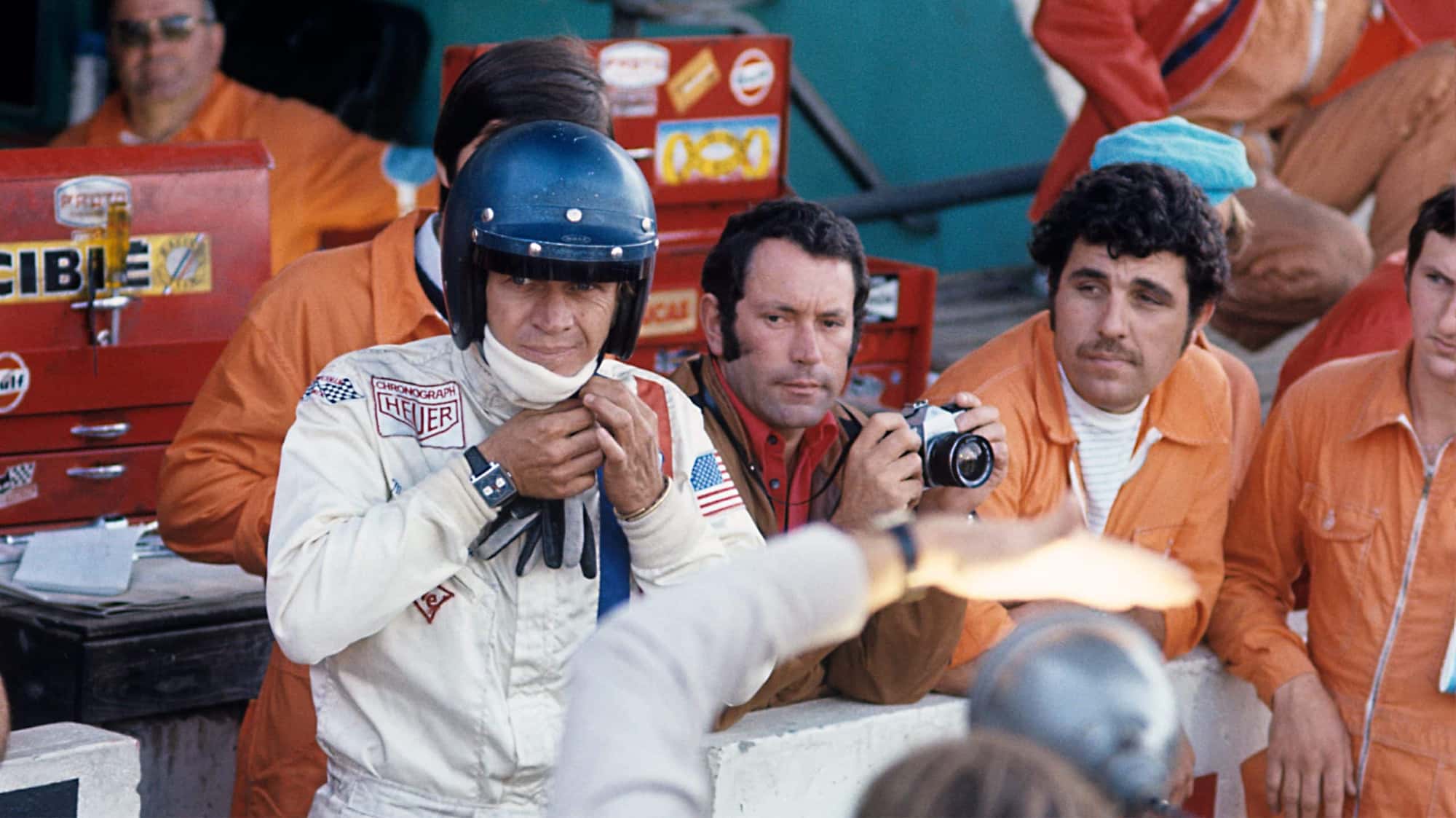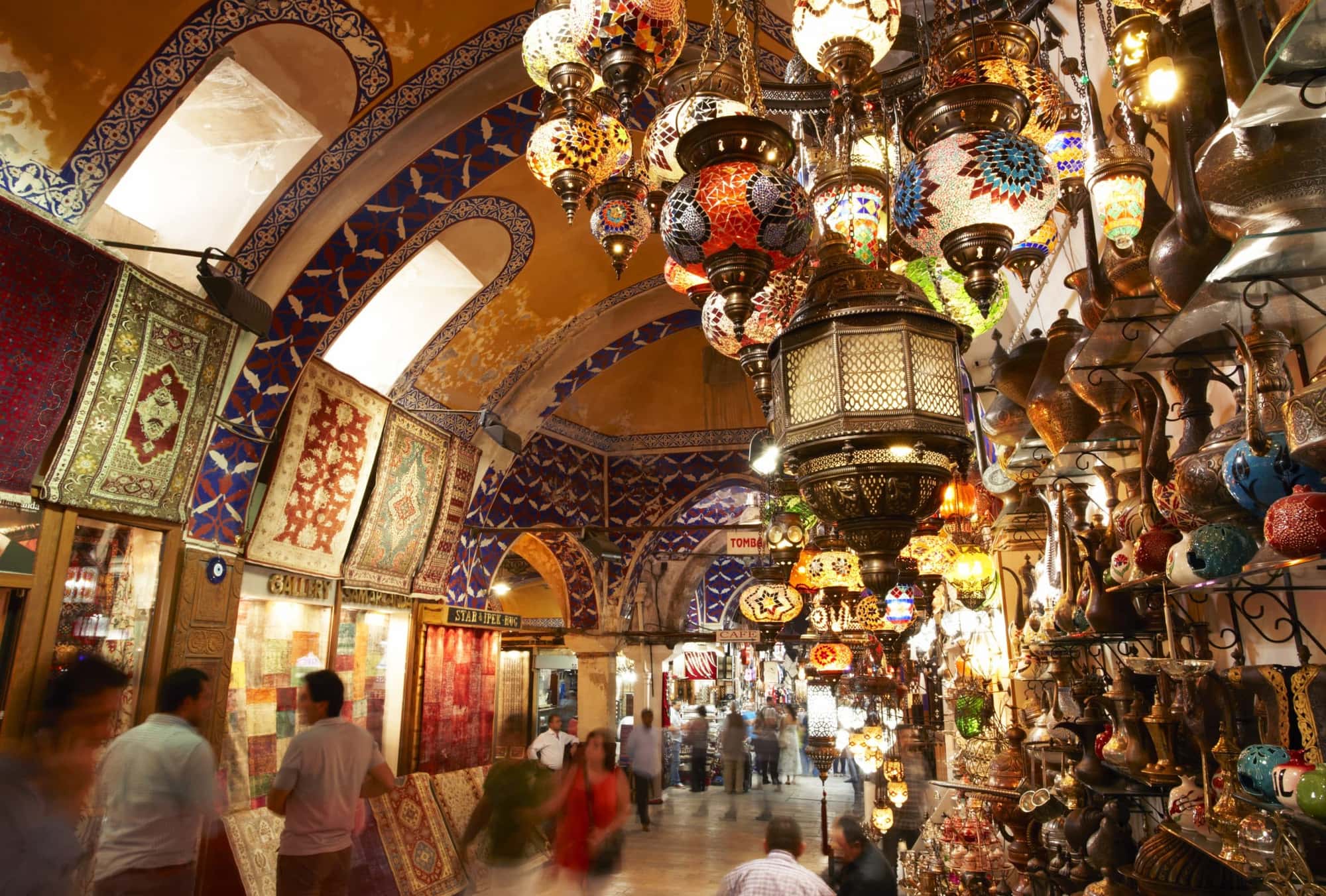Article updated October 7, 2025
Luxury is not just a market—it’s a statement of power, heritage, and precision. From haute couture to high-performance engineering, the world’s top luxury brands define global standards of craftsmanship and exclusivity. In this ranking, we reveal the ten most valuable luxury brands in 2025—those shaping culture, driving innovation, and commanding the attention of the elite.
By the end of this analysis, you’ll understand:
- Which brands lead today’s luxury hierarchy
- What defines true craftsmanship and prestige in the modern age
- How innovation and heritage sustain billion-dollar empires
This insight is grounded in the Brand Finance Luxury & Premium 50 (2025) report, ensuring all evaluations reflect verified data and market performance. Drawing on Glion’s expertise in luxury business education and hospitality management, the analysis reflects our academic perspective on how leading brands sustain prestige through innovation, digital transformation, and responsible growth.
Let’s get straight to it: the ten luxury brands setting the global standard for excellence..
What are luxury brands?
Luxury brands represent the epitome of exclusivity, craftsmanship, and prestige in the consumer market. While the concept of luxury can vary depending on individual tastes and cultural perceptions, these brands share some common characteristics that set them apart from mainstream brands. Here are some defining traits of these high-end companies:
- Exclusivity: Luxury brands are often associated with rarity and limited availability. They cater to a select clientele who value uniqueness and are willing to pay a premium for exclusive products or experiences.
- Heritage and tradition: Boasting a rich history and heritage that spans generations is a major selling point for popular luxury brands. They may have originated from a family-owned business or have a longstanding reputation for excellence and craftsmanship.
- Superior quality: High-end companies are renowned for their uncompromising commitment to quality and craftsmanship. They use the finest materials, employ skilled artisans, and adhere to meticulous production processes to ensure that every product meets the highest standards of excellence.
- Iconic design: Luxury brands often have iconic designs or signature styles that are instantly recognizable to consumers. These designs may become timeless classics, transcending trends and retaining their appeal for years to come.
- Prestigious image: All these luxury goods companies and high-end services cultivate an aura of prestige and sophistication through strategic branding, marketing, and association with high-profile events, celebrities, or royalty.
- Exceptional service: High-end brands prioritize customer service and strive to create memorable experiences for their clientele. From personalized shopping experiences to attentive concierge services, they go above and beyond to cater to the needs and preferences of their affluent customers.
- Price premium: Prices are always higher for luxury items compared to mass-market brands, reflecting the perceived value of their products or services. This premium is often justified by factors such as superior quality, exclusivity, and prestige.
What is luxury hospitality?
Unlike traditional accommodations, luxury hospitality goes beyond merely providing a place to stay; it strives to create memorable moments and cater to the discerning tastes of affluent travelers seeking unparalleled comfort, exclusivity, and indulgence.
As well as the aspects listed above, some key elements that define luxury hospitality are:
- Exquisite design and ambiance: Luxury hotels are often distinguished by their lavish architecture, sophisticated interior design, and attention to detail. From opulent furnishings to stunning panoramic views, every aspect of the property is meticulously curated.
- Culinary excellence: Fine dining plays a central role in luxury hospitality, with world-class restaurants helmed by renowned chefs offering exquisite gastronomic experiences.
- Exclusive amenities and facilities: From state-of-the-art spa and wellness centers to infinity pools, private beaches, and championship golf courses, guests have access to a wealth of recreational activities and leisure pursuits.
- Unforgettable experiences: Whether it’s a private yacht excursion, helicopter tour, or exclusive access to cultural landmarks, guests are invited to embark on bespoke journeys tailored to their interests and desires.
- Attention to detail: From the thread count of the linens to the scent of the toiletries, every aspect of the guest experience is carefully curated to evoke a sense of luxury and refinement.
Luxury hospitality represents the pinnacle of the service industry, where standards are exceptionally high. A career in this demanding field requires a deep understanding of its principles, often cultivated through specialized education and hands-on experience.
Prepare for a career in luxury
Our courses focus on expert tutoring and real-world experience to help you get ready to manage luxury hospitality brands.

Significance of luxury brands in the global market:
As the top offerings in their field, high-end companies help to shape consumer behavior, influence trends, and drive economic growth. Here are several key aspects that highlight the importance and role of luxury brands:
- Economic impact: These brands contribute substantially to the global economy. The top 50 luxury and premium brands alone hold a collective value of $317 billion. They generate billions in revenue, support countless jobs, and often represent flagship industries in their respective countries, with French brands alone accounting for nearly half the total value of the top 50.
- Brand value and prestige: Their iconic logos, impeccable craftsmanship, and rich heritage command admiration and respect from affluent consumers worldwide. Owning or experiencing a luxury brand product or service serves as a symbol of wealth, taste, and social standing, driving demand and building brand loyalty.
- Tourism and destination appeal: Cities renowned for their luxury shopping districts, flagship stores, and iconic hotels become sought-after destinations for affluent travelers seeking luxury experiences and indulgent getaways.
- Innovation and creativity: Luxury brands are at the forefront of innovation. Digitally, e-commerce is projected to make up 25% of the luxury market's value by 2025, with nearly all luxury purchases being influenced by online interactions. Brands are rapidly adopting AI for everything from demand forecasting to reducing design-to-launch timelines.
- Sustainable practices and corporate responsibility: In recent years, luxury brands have increasingly embraced sustainability. Key trends include decarbonization, circular economy models, and transparency, with upcoming EU mandates for Digital Product Passports set to enhance product traceability. Major players like LVMH are targeting a 55% reduction in their carbon footprint by 2030 and aim for full traceability of animal-based materials by 2025.
Top 10 Luxury brands in the world
From legendary fashion houses to prestigious automobile manufacturers, these brands embody the epitome of excellence, craftsmanship, and prestige, as chosen by Brand Finance, which compares brands from all over the world.
1. Porsche (Automobile)
From legendary fashion houses to prestigious automobile manufacturers, these brands embody the epitome of excellence, craftsmanship, and prestige. This ranking is based on the 2025 "Luxury & Premium 50" report from Brand Finance, which evaluates the world's most valuable brands.
2. Chanel (Fashion)
Chanel has surged to the second position, showcasing a remarkable 45% increase in brand value to $37.9 billion. Synonymous with timeless elegance and Parisian chic, the French fashion house founded by Coco Chanel is celebrated for its iconic designs, including the classic Chanel suit and quilted handbags. This significant growth underscores the brand's enduring appeal and its powerful connection with consumers globally.
3. Louis Vuitton (Fashion and luxury goods)
With a brand value of $32.9 billion, Louis Vuitton is a global symbol of luxury, craftsmanship, and savoir-faire. Founded in Paris in 1854, the brand is renowned for its iconic monogram canvas, timeless leather goods, and fashion-forward designs. LVMH, its parent company, is also a leader in sustainability, promoting initiatives like fabric upcycling and regenerative agriculture to preserve natural resources
4. Hermès (Fashion and luxury goods)
Valued at $19 billion, Hermès is renowned for its exquisite craftsmanship and unwavering commitment to quality. From its iconic Birkin and Kelly bags to its luxurious silk scarves, Hermès products embody understated elegance. The brand's strong performance is also reflected in other rankings, where it has shown impressive growth. With a rich heritage spanning over 180 years, Hermès continues to captivate discerning clientele with its timeless allure.
5. Rolex (Watches)
Rolex, with a brand value of $18 billion, is synonymous with precision, performance, and prestige in the world of horology. With a heritage dating back over a century, this Swiss luxury watchmaker is perhaps the most recognized in its field. Rolex timepieces are renowned for their timeless design, exceptional durability, and technical innovation. From the iconic Submariner to the elegant Datejust, each Rolex watch is a symbol of status and achievement.
6. Dior (Fashion)
Dior holds its position with a brand value of $17 billion and is recognized as the world's strongest luxury brand, achieving a Brand Strength Index (BSI) score of 93.5 out of 100. The brand entered a new era in June 2025 with the appointment of Jonathan Anderson as Creative Director for its women's collections. His debut collection signaled a significant creative evolution, reinterpreting iconic silhouettes like the Bar jacket and underscoring Dior's commitment to pushing boundaries while honoring its heritage.
7. Cartier (Jewelry)
Cartier, valued at $15 billion, is synonymous with prestige and timeless elegance in fine jewelry and watchmaking. Founded in Paris in 1847, Cartier has earned a reputation for creating exquisite pieces that transcend trends. From iconic designs such as the Cartier Love bracelet and Tank watch to high jewelry collections that showcase exceptional craftsmanship, each Cartier creation is a masterpiece of design and innovation.
8. Ferrari (Automobile)
With a brand value of $14 billion, Ferrari is a world leader in speed, performance, and automotive excellence. Founded by Enzo Ferrari in 1939, the Italian luxury sports car manufacturer has become synonymous with passion, innovation, and racing success. From iconic models like the 250 GTO to modern masterpieces, every Ferrari vehicle is a symbol of power, precision, and Italian flair, delivering exhilarating driving experiences that captivate enthusiasts worldwide.
9. Gucci (Fashion)
Gucci, valued at $13 billion, is synonymous with opulence, sophistication, and Italian glamor. Established in Florence in 1921, Gucci has become a global powerhouse, renowned for its iconic designs and luxurious materials. From handbags adorned with the iconic GG logo to ready-to-wear collections that redefine contemporary style, Gucci shows timeless elegance and modern allure, capturing the essence of Italian craftsmanship and heritage.
10. Guerlain (Skincare and fragrance)
Entering the top 10 with a brand value of $7.7 billion, Guerlain is one of the oldest and most respected perfume, cosmetics, and skincare houses in the world. Founded in Paris in 1828, the brand has a rich heritage of innovation and artistry. Known for its legendary fragrances like Shalimar and its pioneering skincare, Guerlain embodies French luxury, combining tradition with a continuous quest for excellence.

Other luxury brands
Of course, there are plenty of other famous luxury brands, both inside these industries and in other areas such as hospitality. While the ten above are some of the most valuable, other notable brands to be aware of include:
- Giorgio Armani (Fashion)
- Four Seasons (Hospitality)
- Tiffany & Co. (Jewelry)
- Yves Saint Laurent (Fashion)
- Aman Resorts (Hospitality)
- Estee Lauder (Skincare and fragrance)
- Bottega Veneta (Fashion)
- Omega (Watches)
- Lamborghini (Automobiles)
These are just a few – which brands make your list?
What is it like to work in luxury brands?

Eva-Katalin/ E+ Via Getty Images
Working in the realm of luxury brands offers a unique and rewarding experience characterized by a blend of creativity, exclusivity, and meticulous attention to detail. Let's look at what it's like to work in luxury brands:
- Commitment to excellence: Working in luxury brands demands a relentless pursuit of excellence in every aspect of the job. Whether it's designing couture garments, crafting high-end accessories, or delivering exceptional service in hospitality, employees are expected to uphold the brand's standards of quality, craftsmanship, and sophistication.
- Passion and creativity: Employees in luxury brands are driven by a passion for creativity and innovation. Whether they're fashion designers, artisans, engineers, or hospitality professionals, individuals working in luxury brands are encouraged to think outside the box, push boundaries, and create experiences that captivate and inspire discerning clientele.
- Attention to detail: The devil is in the details. From the precision stitching on a handbag to the impeccable presentation of a gourmet meal, every aspect of the customer experience is carefully curated to ensure perfection. Employees are expected to have a keen eye for detail and a commitment to delivering flawless results.
- Client-centric approach: Central to the ethos of luxury brands is a client-centric approach that focuses on personalized service and building meaningful relationships with customers. Whether it's assisting a client with a bespoke order or anticipating their needs during a hotel stay, employees are trained to go above and beyond to exceed expectations and create memorable experiences.
- Prestige and status: Working in a high-end company often comes with a sense of prestige and status. Employees may have the opportunity to interact with high-profile clientele, attend exclusive events, and be part of a prestigious brand legacy that commands respect and admiration in the industry.
- Fast-paced environment: Trends evolve rapidly and consumer preferences are constantly shifting. Employees must be adaptable, proactive, and able to thrive in a high-pressure environment where excellence is expected at every turn.
- Continuous learning and growth: Whether it's through training programs, mentorship initiatives, or exposure to diverse projects, employees have the chance to expand their skills, broaden their horizons, and pursue their passions within the luxury industry.
How to start a career in luxury hospitality
Entering the world of luxury hospitality requires a combination of passion, dedication, and specialized skills. Here are steps to kickstart your career in this prestigious industry.
Pursue a specialized degree
Consider obtaining a degree from a reputable institution that specializes in hospitality and luxury management. A formal education provides a solid foundation in business principles, service excellence, and the specific demands of the luxury sector. Programs like the BSc in Luxury Business or the MSc in Luxury Management and Guest Experience are designed to equip future leaders with the necessary expertise.
Elevate your career
Learn about luxury management and get hands-on internships to help you get ahead in the world of high-end hospitality.

Gain relevant experience
Seek opportunities to gain practical experience in the hospitality industry through internships, part-time jobs, or volunteer work. Look for positions at luxury hotels, resorts, or fine dining establishments where you can learn firsthand about the intricacies of delivering exceptional service and catering to high-end clientele.
Develop specialized skills
Cultivate skills that are highly valued in luxury hospitality, such as attention to detail, interpersonal communication, problem-solving, and cultural sensitivity. Take advantage of training programs, workshops, and certifications to improve your expertise and stand out as a qualified candidate.
Network and build relationships
Networking is key to advancing your career in luxury hospitality. Attend a wide range of industry events, conferences, and professional networking mixers to connect with industry professionals, recruiters, and potential mentors. Building relationships with key players in the industry can open doors to exciting career opportunities and valuable insights.
Research and target luxury brands
Familiarize yourself with leading luxury hospitality brands and their unique offerings, values, and become knowledgeable about the market for luxury brands. Research job opportunities within these brands and tailor your application materials to showcase how your skills and experience align with their specific requirements and brand ethos.
Conclusion
From iconic fashion houses to legendary automobile manufacturers, each of these top 10 luxury brands in the world represents the pinnacle of craftsmanship, prestige, and exclusivity.
As symbols of aspiration and refinement, these brands continue to captivate discerning consumers worldwide, setting the standard for excellence and shaping the landscape of the luxury markets. The dynamic nature of this list, with Chanel's impressive rise and the entry of Guerlain, shows that heritage must be paired with innovation to maintain leadership.
Whether it's the allure of Dior's creative evolution, the performance of a Porsche, or the sophistication of luxury hospitality, the enduring legacy of these brands serves as a testament to the timeless appeal of luxury and the pursuit of perfection.
If you want to build a career within these leading luxury businesses, a specialized qualification and hands-on experience are invaluable. For high-end careers in luxury hotels, brand management, and more, consider a degree from a renowned hospitality school such as Glion.
Sources & Update Notes
This article draws on data from the Brand Finance Luxury & Premium 50 – 2025 report. We update this page biannually to reflect the most current luxury brand rankings and market shifts. The next review is planned for April/May 2026.
Main Photo Credit:
Thomas Barwick/ DigitalVision Via Getty Images

